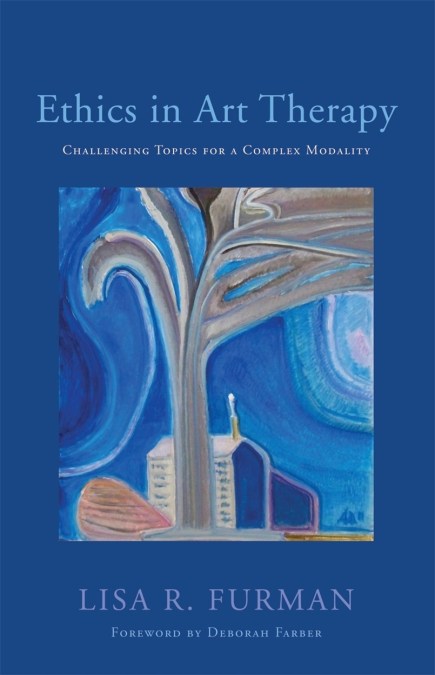Due to the complicated nature of using art and art materials in clinical practice, art therapists are often confronted with ethical considerations that are unique to their field. This book explores challenging topics in the ethical practice of art therapy.
Professional guidelines do not always address the gray areas of important ethical issues in art therapy practice. Art therapists must therefore have a strong sense of personal standards by which to navigate morally ambiguous situations. Using case examples and current ethical theory, the book provides much-needed guidance for how to handle dilemmas such as receiving client art as gifts, displaying client art, religious and sexual issues, and the documentation and digital dissemination of confidential material and artwork.
This book will be a valuable resource for art therapy students, graduate supervisors, new practitioners, and more experienced clinicians looking to increase their awareness of complex ethical issues.
Professional guidelines do not always address the gray areas of important ethical issues in art therapy practice. Art therapists must therefore have a strong sense of personal standards by which to navigate morally ambiguous situations. Using case examples and current ethical theory, the book provides much-needed guidance for how to handle dilemmas such as receiving client art as gifts, displaying client art, religious and sexual issues, and the documentation and digital dissemination of confidential material and artwork.
This book will be a valuable resource for art therapy students, graduate supervisors, new practitioners, and more experienced clinicians looking to increase their awareness of complex ethical issues.
Newsletter Signup
By clicking ‘Sign Up,’ I acknowledge that I have read and agree to Hachette Book Group’s Privacy Policy and Terms of Use
Reviews
Lisa Furman draws from her experience as an art therapy clinician, educator and intern supervisor to shed light on several gray areas of art therapy practice. Furman stresses the need to understand how the art therapist's own background and beliefs affect clinical practice by offering strategies for self-examination. Her excellent text examines ethical dilemmas, delineates applicable art therapy ethical principles and provides quick references for the reader to consult for making ethical decisions. I predict this comprehensive text will become a valuable resource for art therapists at every skill level.
Lisa Furman is uniquely qualified to author a book on ethical issues. I have been impressed by […] her ability to present the subject of ethics in an engaging, sensitive, and on occasion, humorous, manner. Ethics in Art Therapy is certainly a fundamental reading that provides an invaluable advancement of art therapy ethics.
From sexuality in this environment to cognitive impairments, this covers all kinds of common challenges and is recommended for any practicing art therapist and reference collections catering to them.
In this text Lisa Furman has provided a welcome addition to the literature of the art therapy profession. For educators who teach ethics it is a valuable supplement, and for art therapists in the field this book contributes to the complex discussion of the gray areas of ethical decision making.
